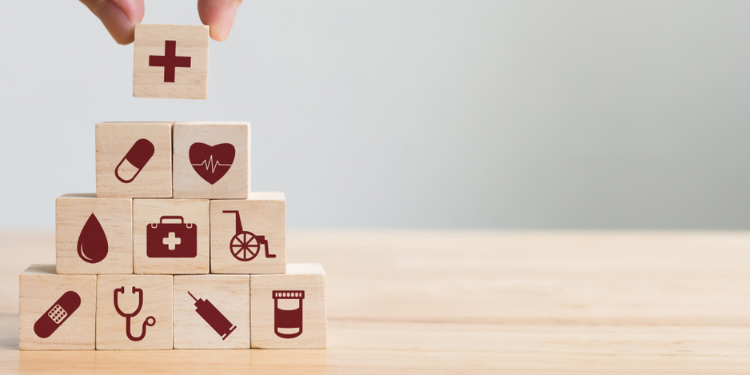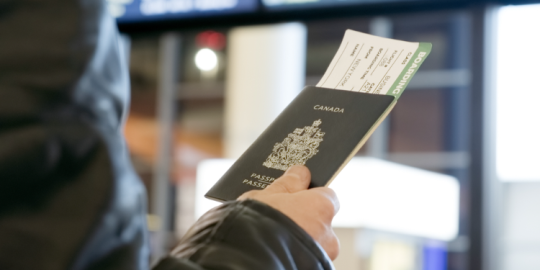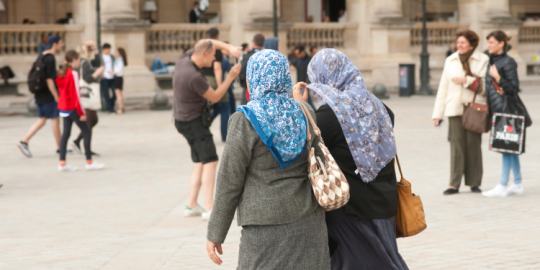Malakoff Médéric Humanis' study on the social protection of expats published in March 2019 provides an overview of health issues expats face while moving abroad. The study highlights that while many expatriates are concerned about their health and do worry about the care and quality of care in their new host country, they tend to be poorly informed and prepared. According to Malakoff Médéric Humanis, 40% of expatriates do not have their medical support planned before leaving their home country and only 21% have seriously planned their move health-wise.
To help you in your expatriation process, here is a check-list of health procedures to consider when planning your move:
Before leaving :
-
Seize this opportunity to make a general health assessment with your general practitioner but also the different specialists: ophthalmologists, dentists, gynecologists, dermatologists ...
-
If you have a serious or specific health problem, make sure everything you need is available in your host country and scan for health facilities where you can find everything you need.
-
Remember to take your documents with you, your health book, especially for children, and the medical history… Also, ask about health formalities to enter your new country, especially if you need specific vaccines and check the situation of your host country.
-
Find out about your health coverage options in your new host country and register for a private health insurance if you need to.
-
If needed, plan for a health insurance that will make the transition from the end of your current coverage to the start of coverage of your new health insurance.
-
Consider taking out repatriation insurance for expatriates. Some countries will require you, moreover, to have insurance that can repatriate you in your country of origin in case a problem arises.
-
Make a small reservation of the medication you use the most.
When you get there:
-
Learn how the medical system works, with each country operating differently.
-
If you feel more comfortable with a specific language, ask after your consulate or on the Internet about the existence of directories listing professionals speaking this language.
-
Get information from your social circle to make a list of practitioners to consult when needed and identify the type of places (pharmacies, supermarkets ...) where you can get your medicine.










